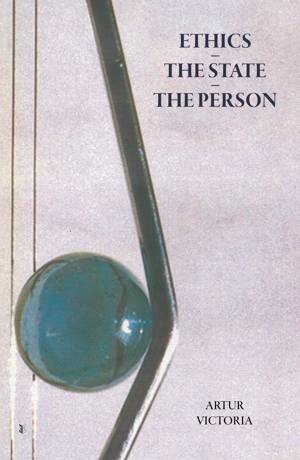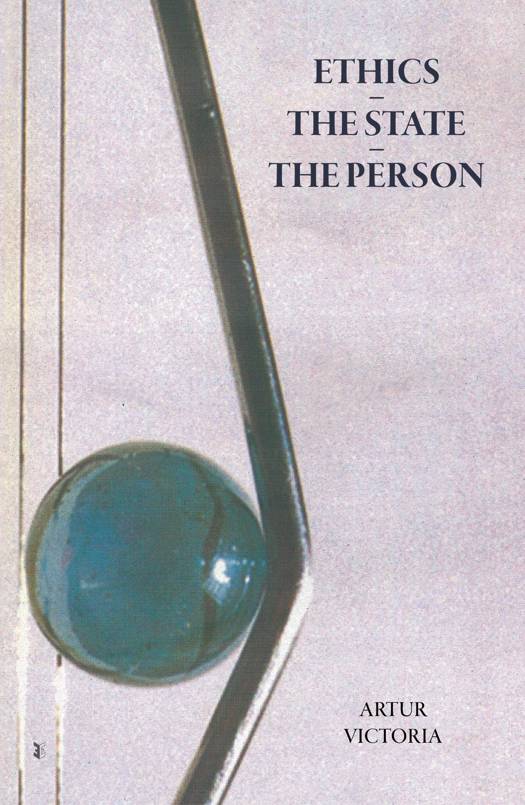
- Retrait gratuit dans votre magasin Club
- 7.000.000 titres dans notre catalogue
- Payer en toute sécurité
- Toujours un magasin près de chez vous
- Retrait gratuit dans votre magasin Club
- 7.000.0000 titres dans notre catalogue
- Payer en toute sécurité
- Toujours un magasin près de chez vous
Description
The book "Ethics-The State-The Person" by Artur Victoria sheds light on his reflection on ethics in different stages of people in the society and prescribes how governments and states should act. He has defined goals very well to offer his readers to reflect on the conduct of power holders and laypeople in the world.
The author has presented three elements as a linking thread. He considers that morality and ethics are the main things to resolve the issues of the public in a dynamic and unstable world. The author believes that the state has a central role in making decisions in the challenging world of the 21st century. The Author also discussed the fundamental responsibilities and functions of the states and the significance of ethics and morality for the public.
The approach of themes and subjects usually unknown by the general public like Secret services, State secrecy and National Security, makes an attractive and interesting approach of this areas concerning the citizen.
The Author argues that the state needs to reform according to the modern trends of community existence, national security, and defense. In the State part, the author emphasizes the reader to reflect on the morals and ethics which should direct every person in the increasingly dynamic society. He stated that there should be a meditation process for everyone to balance his ambitions and goals. It should answer his quest to live his life.
It can be concluded that the world is changing and full of uncertain information, where organizations and governments have forgotten morals and ethics. It causes individuals and states to act in strange ways. This reason gives people the power to define their directions toward a sustainable and safe future. This book helps readers get a clear vision of all the issues that should be reflected upon. This approach is the way to foster necessary hope for the better preservation of future civilization. The author has well prepared the book with a series of suggestions about morals and ethics for the person and the state. It opens an excellent replication field for economists, philosophers, politicians, technocrats, and professionals.
Spécifications
Parties prenantes
- Auteur(s) :
- Editeur:
Contenu
- Langue:
- Anglais
- Collection :
Caractéristiques
- EAN:
- 9798215368015
- Date de parution :
- 01-03-23
- Format:
- Ebook
- Protection digitale:
- /
- Format numérique:
- ePub

Les avis
Nous publions uniquement les avis qui respectent les conditions requises. Consultez nos conditions pour les avis.






